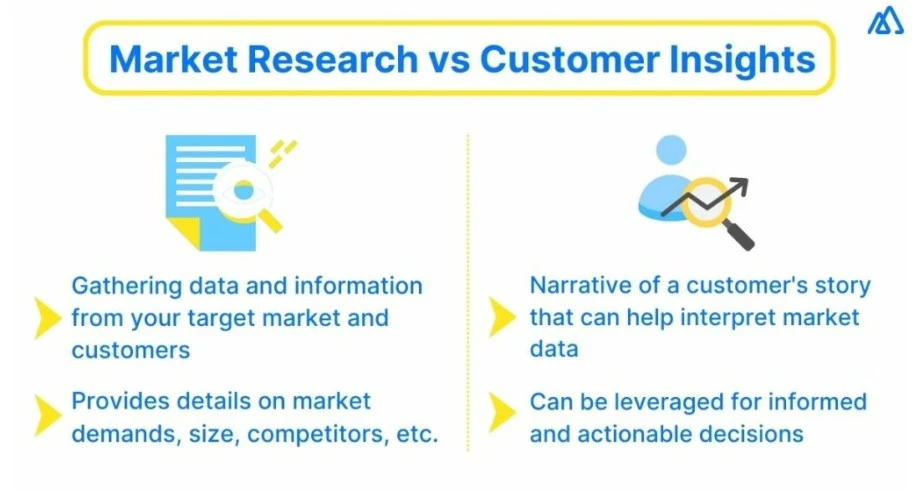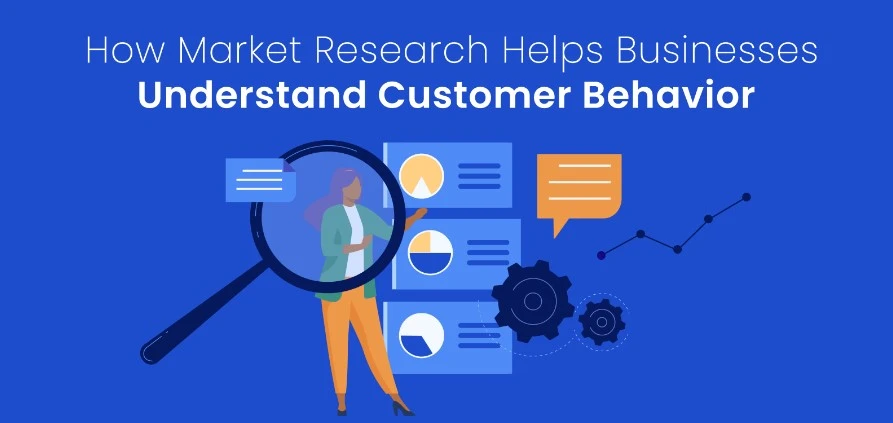
Just how do you define the value of your market offering? Can you truly measure it? Understanding what your products and services are worth to customers is crucial in today’s competitive business landscape. By creating customer value models, suppliers can pinpoint exactly what their offerings mean to their clientele. Through field value assessments and a deep understanding of customer needs, businesses can shape their marketing strategies to deliver exceptional value and gain a competitive edge. Learn how to unlock the true potential of your business marketing strategy by focusing on customer value and achieving success in your industry.
1. Unlock customer value for premium leads on your website.
2. Convert visitors into paying customers through tailored designs.
3. Enhance e-commerce with personalized reminders for customer retention.
4. Build brand reputation with rapid, genuine reviews on social platforms.
5. Utilize expert lead finders for meaningful cold calling conversations.
6. Maximize ROI by smart advertisement strategies for customer influx.
Identifying Customer Needs and Value Drivers
Conducting Market Research to Uncover Customer Insights

Conducting thorough market research is imperative to uncovering valuable insights into your customers’ needs and preferences. By gathering data firsthand from your target market, you can develop a deeper understanding of what they truly value in your products or services. This information will not only help you tailor your offerings to meet their specific needs but also enable you to create more compelling value propositions that resonate with them.
Analyzing Customer Behavior and Preferences

Value lies in understanding and analyzing your customers’ behavior and preferences. By delving into data on how customers interact with your business, their purchasing patterns, and the features they appreciate the most, you can identify key drivers of value. This knowledge allows you to fine-tune your marketing strategies, enhance customer experiences, and ultimately forge stronger relationships with your target audience, leading to increased customer loyalty and retention.
Creating and Communicating Value
Designing Value-Oriented Products and Services

One of the key aspects of shaping a successful business marketing strategy is designing value-oriented products and services that meet the specific needs and preferences of your target customers. By utilizing customer value models and conducting field value assessments, you can gain insights into what your offerings are truly worth to customers. This allows you to create flexible market offerings that cater to varying customer requirements, ultimately driving competitive advantage and customer satisfaction.
Crafting Compelling Value Propositions
Any successful business marketing strategy includes crafting compelling value propositions that clearly communicate the unique value your products or services provide to customers. By leveraging your understanding of how your offerings deliver value and using evidence from customer value models, you can create persuasive value propositions that resonate with your target audience. This not only helps differentiate your brand in the market but also drives customer engagement and loyalty.
The crafting of compelling value propositions is crucial in capturing the attention of potential customers and persuading them to choose your business over competitors. By clearly articulating the unique value your products or services offer and demonstrating how they meet the specific needs and preferences of your target audience, you can build trust, credibility, and long-lasting customer relationships. Utilizing data from customer value models, you can tailor your value propositions to address customer pain points and showcase the benefits of choosing your business, ultimately driving growth and success.
Pricing Strategies that Reflect Customer Value
Adopting Value-Based Pricing Models
To align your pricing strategy with customer value, it is imperative to adopt value-based pricing models. By understanding what customers truly value in your products or services, you can set prices that reflect that value accurately. Customer value models help suppliers determine the worth of their offerings to customers, allowing for more targeted and effective pricing strategies. Gathering data directly from customers through field value assessments enables suppliers to create personalized value models for individual customers or market segments.
Balancing Price and Value Perception
With the importance of customer perception in pricing strategies, it is crucial to find a balance between price and value perception. Customers increasingly focus on total costs rather than just acquisition prices, challenging suppliers to convey the value they offer accurately. By utilizing customer value models, suppliers can demonstrate how their products or services provide greater value, crafting compelling value propositions that resonate with customers. Effective communication of the value delivered by a product or service can enhance customer perception and justify pricing strategies.
Leveraging Customer Value for Competitive Advantage
Customization and Personalization Techniques
Many businesses are finding success in leveraging customer value through customization and personalization techniques. By tailoring products and services to individual customer needs, companies can create a more personalized experience that resonates with their target audience. This not only enhances customer satisfaction but also increases brand loyalty and repeat business, ultimately driving growth and success for the business. On top of that, using data gathered from customer value assessments can help in identifying specific preferences and behaviors that can guide the customization process.
Building and Sustaining Long-term Customer Relationships
Competitive businesses understand the importance of building and sustaining long-term customer relationships as a key strategy for growth. By focusing on delivering value to customers consistently over time, companies can establish a strong bond with their customer base, leading to repeat business and word-of-mouth referrals. The ability to measure and monitor customer value is crucial in this aspect, as it allows businesses to understand what their customers truly value and tailor their strategies accordingly. The data gathered from customer value models can provide insights into customer behavior and preferences, helping in crafting personalized experiences that foster long-term relationships.
Measuring and Monitoring Value Delivery
Implementing Tools for Tracking Value Metrics
After defining the value of your market offering, the next step is to implement tools for tracking value metrics. With customer value models, suppliers can pinpoint the exact worth of their products or services to customers. By gathering data through field value assessments, suppliers can build value models for individual customers or market segments based on customer feedback.
Continuous Improvement Based on Customer Feedback
To continuously improve and enhance value delivery, it is crucial to gather and analyze customer feedback. Based on customer input, suppliers can make necessary adjustments to their offerings to better meet customer needs and preferences. By incorporating customer feedback into the value model, suppliers can ensure they are delivering maximum value to their customers.
To wrap up
Drawing together customer value models and understanding the worth of products and services is necessary for shaping a successful business marketing strategy. By accurately pinpointing what customers value and delivering on those expectations, businesses can create competitive advantage, attract and retain customers, and ultimately drive profitability. This knowledge empowers companies to provide flexible offerings, demonstrate value propositions, and showcase their accomplishments. By focusing on value delivered, companies can ensure they receive an equitable return for their efforts and build long-lasting relationships with their customers. Understanding and measuring customer value is key to unlocking the full potential of a business marketing strategy.
FAQ
Q: What is customer value and why is it important for business marketing?
A: Customer value refers to the perceived benefits that customers receive from a product or service compared to the cost of acquiring it. Understanding customer value is crucial for businesses as it helps in shaping their marketing strategies to meet customer needs effectively and increase competitiveness in the market.
Q: How can businesses measure customer value and determine the worth of their products or services?
A: Businesses can measure customer value by creating and using customer value models. These models help in pinpointing what customers value in a product or service, allowing suppliers to tailor their offerings accordingly. By gathering data directly from customers and analyzing it, businesses can determine the true worth of their products or services.
Q: How can businesses leverage customer value models to gain a competitive advantage in the market?
A: By using customer value models, businesses can capitalize on the variation in customers’ requirements to provide flexible market offerings. They can also demonstrate the value of new products or services, craft persuasive value propositions based on their offerings, and provide evidence of their accomplishments to customers. Understanding and delivering value to customers allows businesses to achieve a fair return on their efforts.











